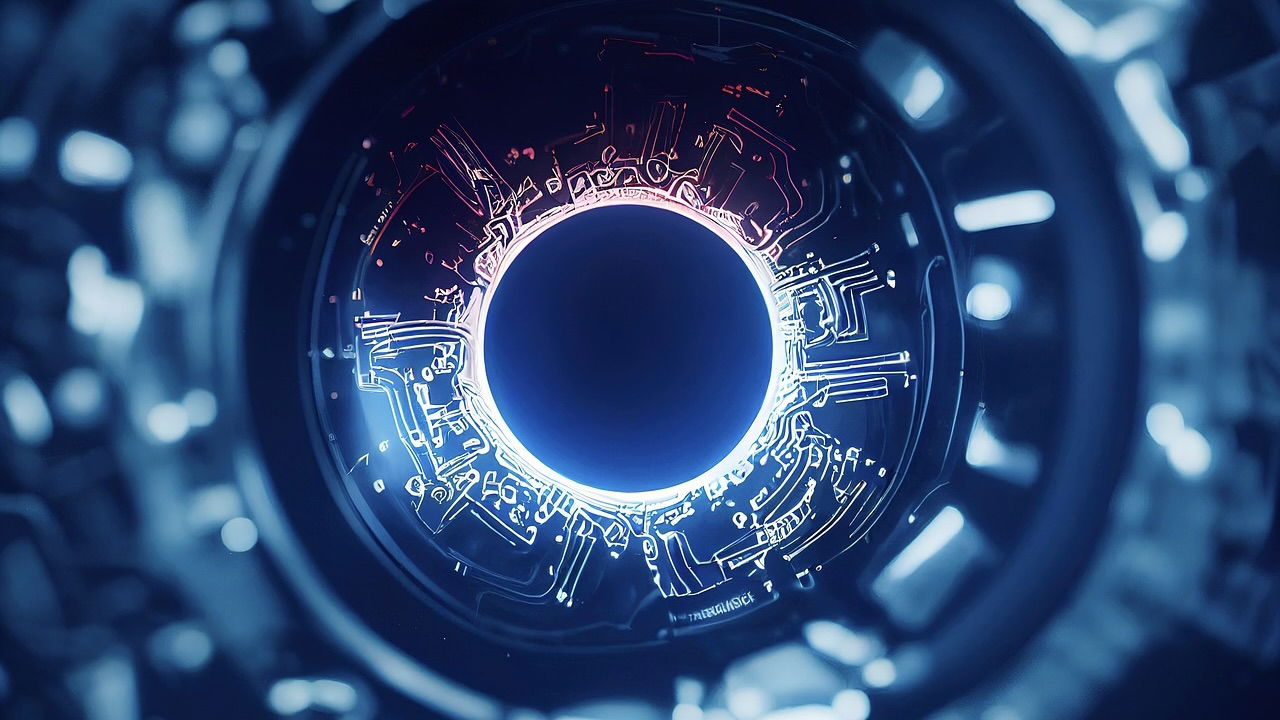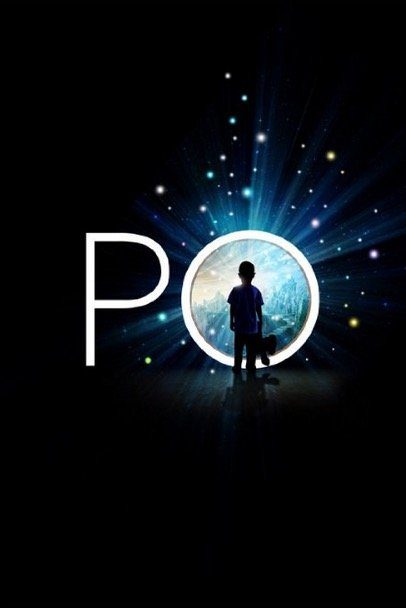
By India McCarty
Senators on both sides come together to support a bill that would restrict AI companies from training their models on copyrighted materials.
“AI companies are robbing the American people blind while leaving artists, writers, and other creators with zero recourse,” Sen. Josh Hawley (R-MO) said in a statement about the AI Accountability and Personal Data Protection Act.
He continued, “It’s time for Congress to give the American worker their day in court to protect their personal data and creative works. My bipartisan legislation would finally empower working Americans who now find their livelihoods in the crosshairs of Big Tech’s lawlessness.”
This is the question of our time: Do we want AI to work for PEOPLE, or do we want people to work for AI?
Congress needs to protect the American worker, creator, & everyday person pic.twitter.com/vME4hsptmj
— Josh Hawley (@HawleyMO) July 23, 2025
Related: Will This Bill Enact AI Regulations That Make a Difference?
In addition to banning the use of copyrighted materials in AI training, the bill would also “allow people to sue for use of their personal data or copyrighted works without giving consent, require companies to disclose which third parties will be given access to data if consent is given, [and] provide for financial penalties and injunctive relief as remedies,” per Axios.
Sen. Richard Blumenthal (D-CT), a co-sponsor of the bill, explained that the legislation “embodies a bipartisan consensus that AI safeguards are urgent — because the technology is moving at accelerating speed, and so are dangers to privacy.”
“Enforceable rules can put consumers back in control of their data, and help bar abuses. Tech companies must be held accountable — and liable legally — when they breach consumer privacy, collecting, monetizing or sharing personal information without express consent,” he continued. “Consumers must be given rights and remedies — and legal tools to make them real — not relying on government enforcement alone.”
The AI Accountability & Personal Data Protection Act embodies a bipartisan consensus that AI safeguards are urgent—because the tech is moving at accelerating speed, & so are dangers to privacy. Enforceable rules can put consumers back in control of their data, & help bar abuses. https://t.co/rs13YMuPws
— Richard Blumenthal (@SenBlumenthal) July 21, 2025
While the bill has bipartisan support, President Donald Trump has said that AI companies “can’t be expected to have a successful AI program when every single article, book or whatever you’ve studied you’re expected to pay for.”
“We appreciate that, but you just can’t do that because it’s not do-able,” he said at the recent AI Summit. “And if you’re going to try and do that, you’re not going to have a successful program.”
Instead, President Trump called for “common sense artificial and intellectual property rules,” pointing to China’s less restrictive intellectual property protections as a model.
Instead, the White House has been more focused on battling AI-generated “deepfakes.” First Lady Melania Trump championed the Take It Down Act, which was signed into law earlier this year.
“The TAKE IT DOWN ACT is an historic win for victims of revenge porn and deepfake image abuse,” Senator Ted Cruz (R-TX) said of the bill’s passage. “Predators who weaponize new technology to post this exploitative filth will now rightfully face criminal consequences, and Big Tech will no longer be allowed to turn a blind eye to the spread of this vile material.”
The U.S. government is still struggling to regulate the fast-changing world of AI, but the AI Accountability and Personal Data Protection Act is a step in the right direction.
Read Next: Google Trains AI on YouTube Videos—What That Means for Creators
Questions or comments? Please write to us here.


 - Content:
- Content: 
